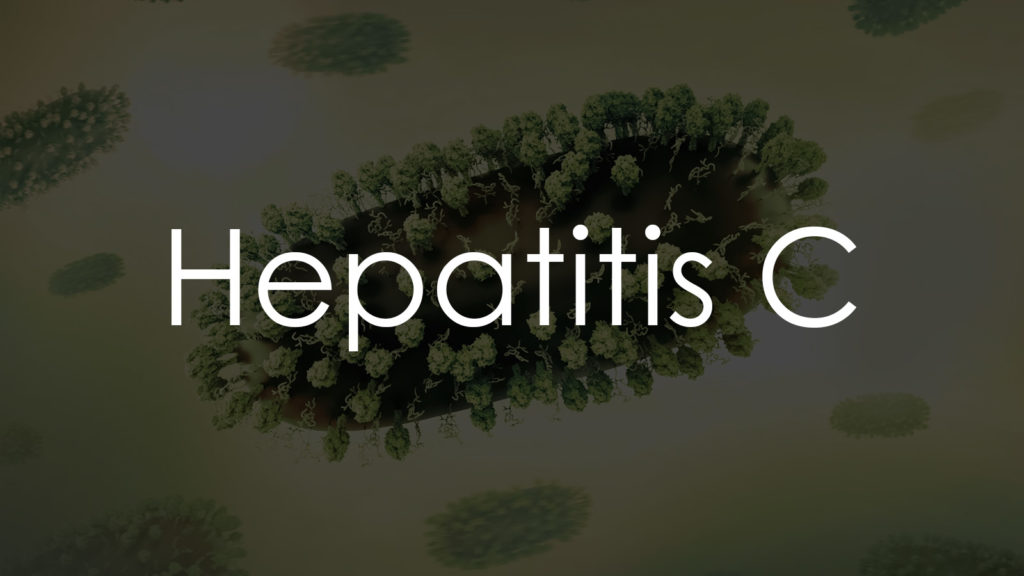Hepatitis C can cause both short-term and long-term health issues. While some individuals may remain asymptomatic for years, others may develop serious complications that significantly impact their quality of life. These complications can arise from direct viral effects on the liver and immune-mediated mechanisms affecting other organs.

Liver-Related Complications
The liver is the primary organ affected by Hepatitis C. Complications related to the liver can be severe and life-threatening if not managed properly.
Chronic Hepatitis
Chronic Hepatitis C can lead to ongoing inflammation and damage to the liver, resulting in several long-term complications.
- Persistent Inflammation: Chronic inflammation can progressively damage liver tissue.
- Liver Fibrosis: The gradual formation of scar tissue in the liver.
Cirrhosis
Cirrhosis is the advanced scarring of the liver due to long-term liver damage.
- Symptoms: Fatigue, weakness, jaundice, and swelling in the legs and abdomen.
- Complications: Increased risk of liver failure, portal hypertension, and esophageal varices.
Liver Failure
Liver failure occurs when the liver can no longer perform its essential functions.
- Acute Liver Failure: Rapid deterioration of liver function.
- Chronic Liver Failure: Gradual loss of liver function over time.
Liver Cancer
Chronic Hepatitis C significantly increases the risk of hepatocellular carcinoma (HCC), a primary form of liver cancer.
- Symptoms: Unexplained weight loss, loss of appetite, upper abdominal pain, and jaundice.
- Screening: Regular imaging and blood tests to detect early signs of cancer.
Extrahepatic Complications
Hepatitis C can also cause complications beyond the liver, affecting various other organs and systems in the body.
Cryoglobulinemia
Cryoglobulinemia is a condition caused by abnormal proteins in the blood that can lead to inflammation and damage to blood vessels.
- Symptoms: Rash, joint pain, kidney damage, and nerve damage.
- Management: Antiviral treatment and immunosuppressive therapies.
Glomerulonephritis
Hepatitis C can cause inflammation of the kidneys, known as glomerulonephritis.
- Symptoms: Blood in the urine, protein in the urine, high blood pressure, and kidney failure.
- Treatment: Managing the underlying Hepatitis C infection and supportive care for kidney function.
Diabetes
Chronic Hepatitis C can increase the risk of developing type 2 diabetes.
- Mechanism: The virus can induce insulin resistance, leading to higher blood sugar levels.
- Management: Lifestyle changes, medication, and monitoring blood sugar levels.
Cardiovascular Disease
Hepatitis C has been linked to an increased risk of cardiovascular diseases, such as heart attack and stroke.
- Risk Factors: Chronic inflammation and metabolic disturbances associated with Hepatitis C.
- Prevention: Regular cardiovascular screening and managing risk factors like high blood pressure and cholesterol.
Immune-Mediated Complications
The immune response to Hepatitis C can lead to various autoimmune disorders and other immune-mediated complications.
Autoimmune Hepatitis
Some individuals with Hepatitis C may develop autoimmune hepatitis, where the immune system attacks liver cells.
- Symptoms: Fatigue, jaundice, abdominal pain, and elevated liver enzymes.
- Treatment: Immunosuppressive medications and antiviral therapy.
Lymphoma
Chronic Hepatitis C infection can increase the risk of developing certain types of lymphoma, a cancer of the lymphatic system.
- Types: Non-Hodgkin lymphoma is the most commonly associated with Hepatitis C.
- Symptoms: Swollen lymph nodes, fever, night sweats, and weight loss.
Managing Complications
Effectively managing the complications of Hepatitis C requires a multidisciplinary approach, including regular monitoring, medical treatment, and lifestyle modifications.
Regular Monitoring
Continuous monitoring of liver function and overall health is crucial for detecting complications early.
- Liver Function Tests: Regular blood tests to monitor liver health.
- Imaging Studies: Ultrasound, CT scans, and MRI to detect liver damage or cancer.
Medical Treatment
Appropriate medical treatment can help manage and mitigate complications.
- Antiviral Therapy: Effective antiviral treatment to reduce or eliminate the viral load.
- Medications: Drugs to manage specific symptoms and complications, such as insulin for diabetes or immunosuppressants for autoimmune conditions.
Lifestyle Modifications
Lifestyle changes can support overall health and help manage complications.
- Healthy Diet: A balanced diet to support liver health and overall well-being.
- Regular Exercise: Physical activity to maintain a healthy weight and reduce the risk of cardiovascular disease.
- Avoiding Alcohol: Abstaining from alcohol to prevent further liver damage.
Conclusion
The complications of Hepatitis C can be severe and wide-ranging, affecting not only the liver but also other organs and systems in the body. Understanding these complications and their potential impacts is essential for effective management and prevention. Regular monitoring, appropriate medical treatment, and lifestyle modifications are key strategies in managing the complications associated with Hepatitis C. By staying informed and proactive in their healthcare, individuals with Hepatitis C can better navigate the challenges of the disease and maintain a higher quality of life.